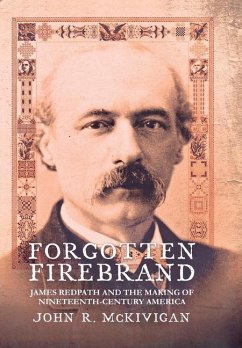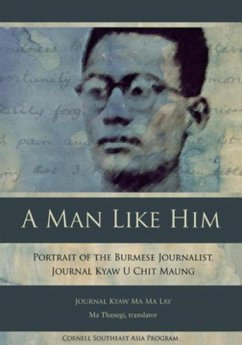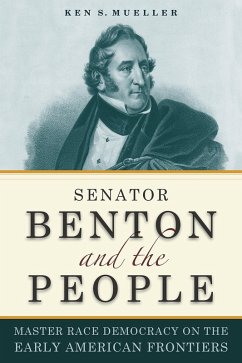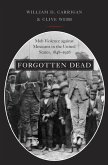The reformer James Redpath (1833-1891) was a focal figure in many of the key developments in nineteenth-century American political and cultural life. He befriended John Brown, Samuel Clemens, and Henry George and, toward the end of his life, was a ghostwriter for Jefferson Davis. He advocated for abolition, civil rights, Irish nationalism, women's suffrage, and labor unions. In Forgotten Firebrand, the first full-length biography of this fascinating American, John R. McKivigan portrays the many facets of Redpath's life, including his stint as a reporter for the New York Tribune, his involvement with the Haitian emigration movement, and his time as a Civil War correspondent.
Examining Redpath's varied career enables McKivigan to cast light on the history of journalism, public speaking, and mass entertainment in the United States. Redpath's newspaper writing is credited with popularizing the stenographic interview in the American press, and he can be studied as a prototype for later generations of newspaper writers who blended reportage with participation in reform movements. His influential biography of John Brown justified the use of violent actions in the service of abolitionism.
Redpath was an important figure in the emerging professional entertainment industry in this country. Along with his friend P. T. Barnum, Redpath popularized the figure of the "impresario" in American culture. Redpath's unique combination of interests and talents-for politics, for journalism, for public relations-brought an entrepreneurial spirit to reform that blurred traditional lines between business and social activism and helped forge modern concepts of celebrity.
Examining Redpath's varied career enables McKivigan to cast light on the history of journalism, public speaking, and mass entertainment in the United States. Redpath's newspaper writing is credited with popularizing the stenographic interview in the American press, and he can be studied as a prototype for later generations of newspaper writers who blended reportage with participation in reform movements. His influential biography of John Brown justified the use of violent actions in the service of abolitionism.
Redpath was an important figure in the emerging professional entertainment industry in this country. Along with his friend P. T. Barnum, Redpath popularized the figure of the "impresario" in American culture. Redpath's unique combination of interests and talents-for politics, for journalism, for public relations-brought an entrepreneurial spirit to reform that blurred traditional lines between business and social activism and helped forge modern concepts of celebrity.
Dieser Download kann aus rechtlichen Gründen nur mit Rechnungsadresse in A, D ausgeliefert werden.









